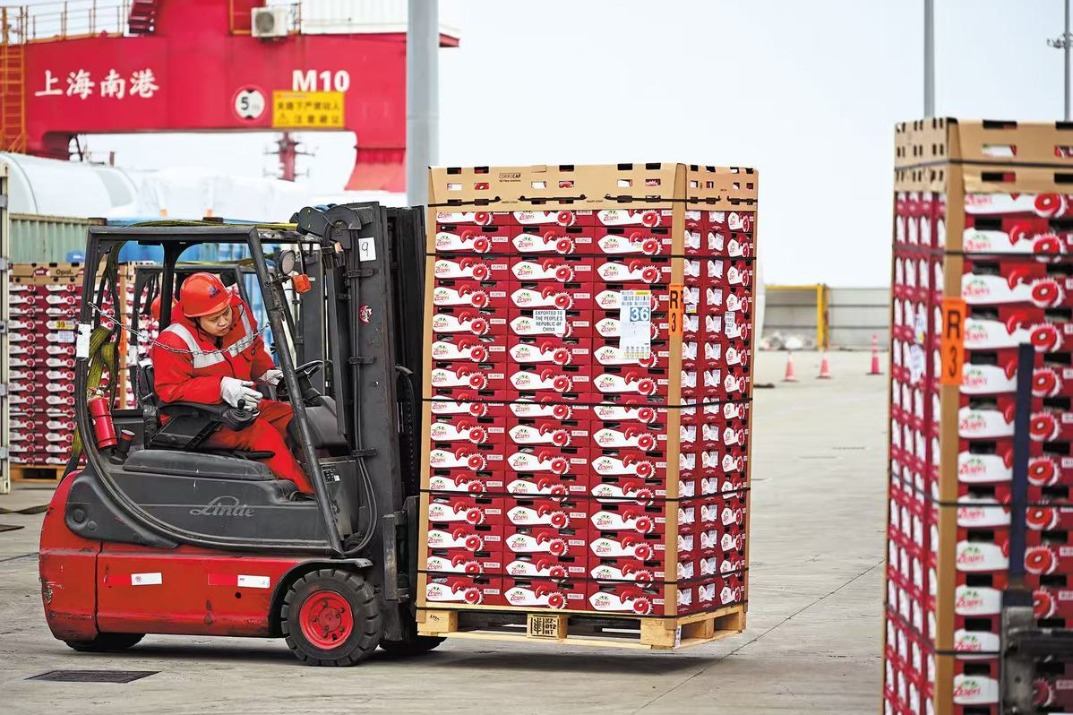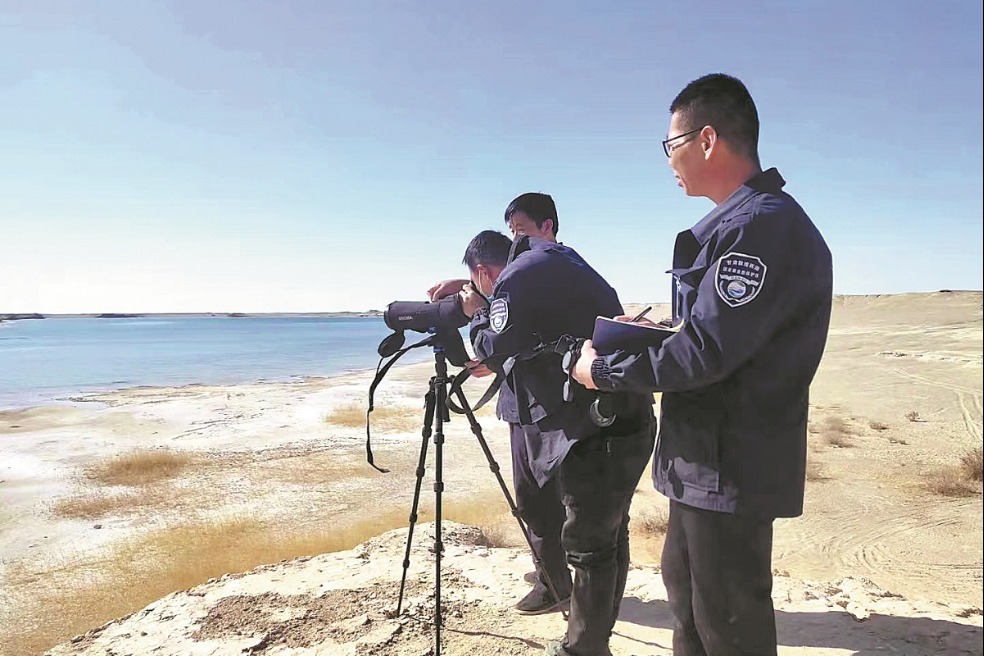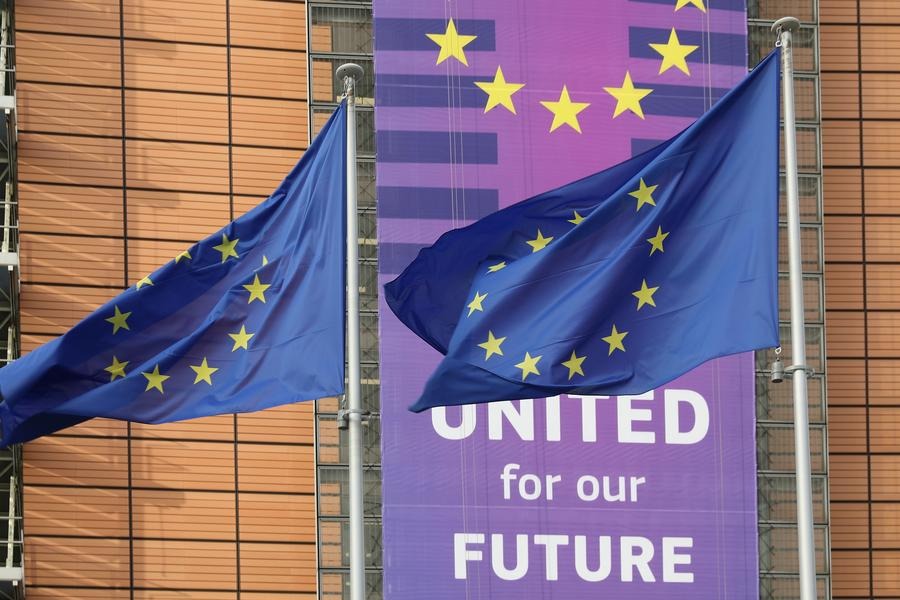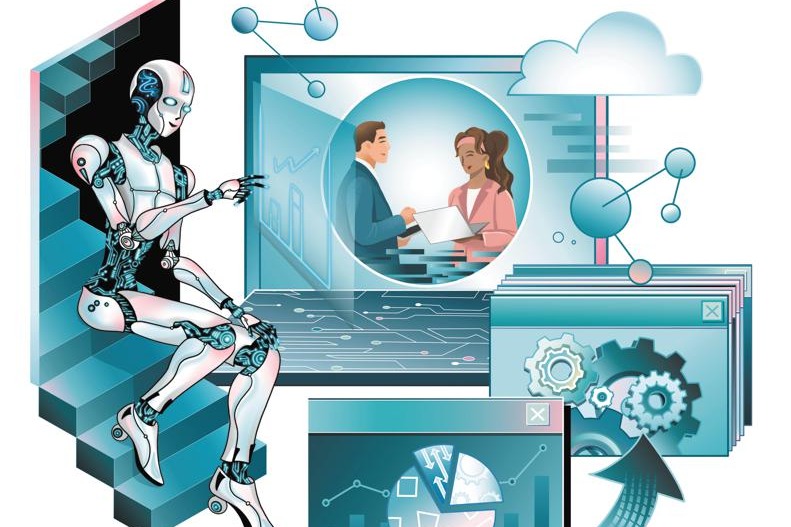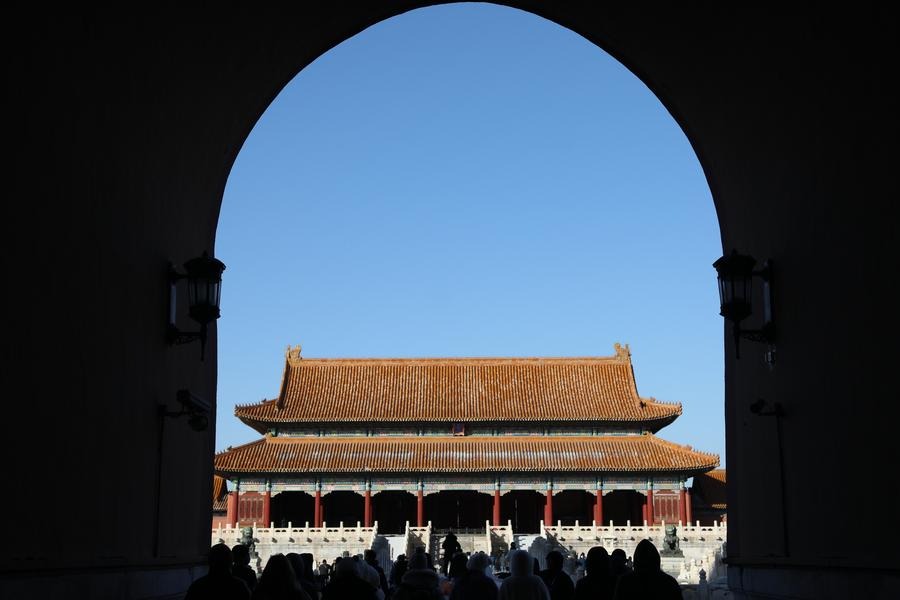EU, US on the road to 'rivals and partners'

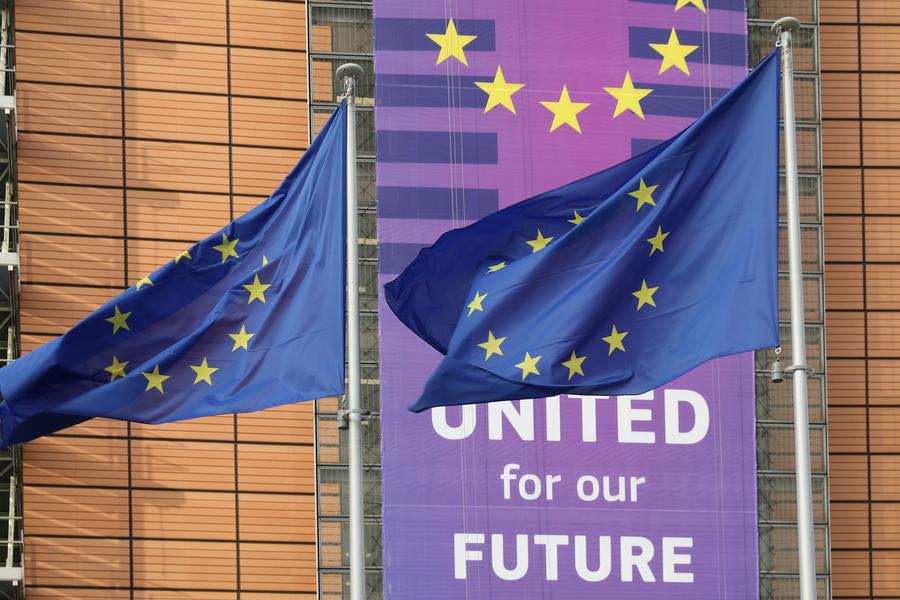
It has become fashionable to say the European Union is collapsing. It is true that the EU is facing significant pressure due to the change in the nature of its relationship with the United States and the re-arrangement of the global balance of power, but that does not signify the beginning of the end for its global political influence nor does it mean the EU economy is in disarray.
The most pressing risk the EU faces is not whether it will remain a global power, but what kind of power it will become given the US' intent to overhaul the EU-US trade and military relations. US President Donald Trump's aim to reduce cooperation with the EU may have a historical dimension, but Trump's opinion on the issue can change overnight or even lead to a free trade agreement between Washington and Brussels.
For the EU, like for any other economy, it is painful to guess what Washington would do tomorrow, in order to expand US trade and boost its manufacturing economy. The EU's response to the US' "Liberation Day" tariffs has highlighted the unity among the EU member states and respect for the bloc's rules. Among the most serious problems facing the EU is the prolonged Russia-Ukraine conflict, which has exposed the differences within and outside the bloc and raised the cost of living in Europe.
The EU leadership's performance vis-à-vis the Russia-Ukraine conflict has raised serious questions despite being influenced, many a time, by US pressure. While the EU leadership alone cannot resolve the geopolitical crisis in Europe, the US administration has created a weird situation for the bloc by negotiating peace with Moscow. If Washington continues to "welcome all efforts that lead to the end of the conflict in Ukraine", it would create a real opportunity for the EU to get back to the path of peace.
But the EU is not humbled by its failure. Instead, it is considering how best to regroup to fight with Russia "for as long as it takes". The EU leadership's intention to prolong the conflict may be a ploy to prevent discussions on its poor geopolitical judgments and decisions in Eastern Europe.
Some other EU member states from Central and Eastern Europe, which have been calling for resolving the Russia-Ukraine conflict on the battlefield and strengthened their strategic position by taking advantage of their transatlantic partnership during the former Joe Biden administration, now see the US' "pursuit of peace" in the EU as a betrayal of the EU.
Some European politicians and observers think the US-Ukraine minerals (including rare earths) deal is not in the EU's interest, because the bloc, too, is interested in pursuing critical raw-material deals with resource-rich Ukraine, so as to expedite its green and digital transition. Now that Ukraine has struck a deal to supply minerals including rare earths to the US, it might become an empty shell if it joins the EU in 2030 as some claim.
The US and the EU have other differences as well. For instance, the EU does not share the current US administration's views on climate change, immigration, and its intention to acquire Greenland, Canada and the Panama Canal. Relations between the two sides have deteriorated to such an extent that some European airlines are now reporting a decline in transatlantic bookings, especially on flights from Europe to the US.
In such circumstances, the EU should give a strategic response to the White House, as their current relationship is that of "rivals and partners". Not surprisingly, in its relations with the US, the EU is now feeling what China has been experiencing in its relations with the US for some time.
For the EU, it may appear unthinkable, but the US is capable of drawing a dividing line through the center of the Western world. The crisis in the transatlantic partnership, which aptly defines the relationship between the US and the EU, has gone beyond the disagreements over trade and the Russia-Ukraine conflict. The crisis is not a one-off phenomenon. Remember the "pivot to Asia" strategy of former US president Barack Obama — in the US' "grand strategy", Europe is behind Asia, and the current US administration has intensified that strategy.
The EU tends to downplay the strategic implications of the US' policy toward the EU, including the bloc's stability and its long military partnership, cultural affinity with and political trust in the US. The EU has sacrificed a lot to build a partnership with the US. That's why it finds it difficult to accept that US-EU relations have soured. It has given the US many concessions, broken many promises to build an independent security shield and weakened multilateralism within the bloc by supporting the US' unipolar strategy.
Although the fact that the US resorts to realpolitik has been exposed to a great extent, the EU continues to stick to its perception of the US as an ally and a permanent military and economic leader of the world.
The author, founder and president of the Geoeconomic Forum Croatia, contributed this article to China Watch, a think tank powered by China Daily.
The views don't necessarily reflect those of China Daily.
If you have a specific expertise, or would like to share your thought about our stories, then send us your writings at opinion@chinadaily.com.cn, and comment@chinadaily.com.cn.



















